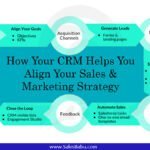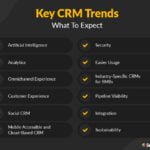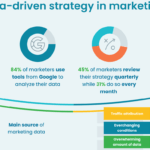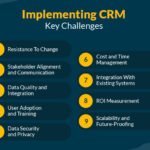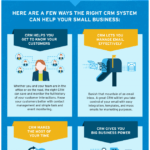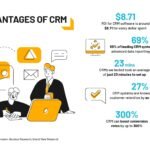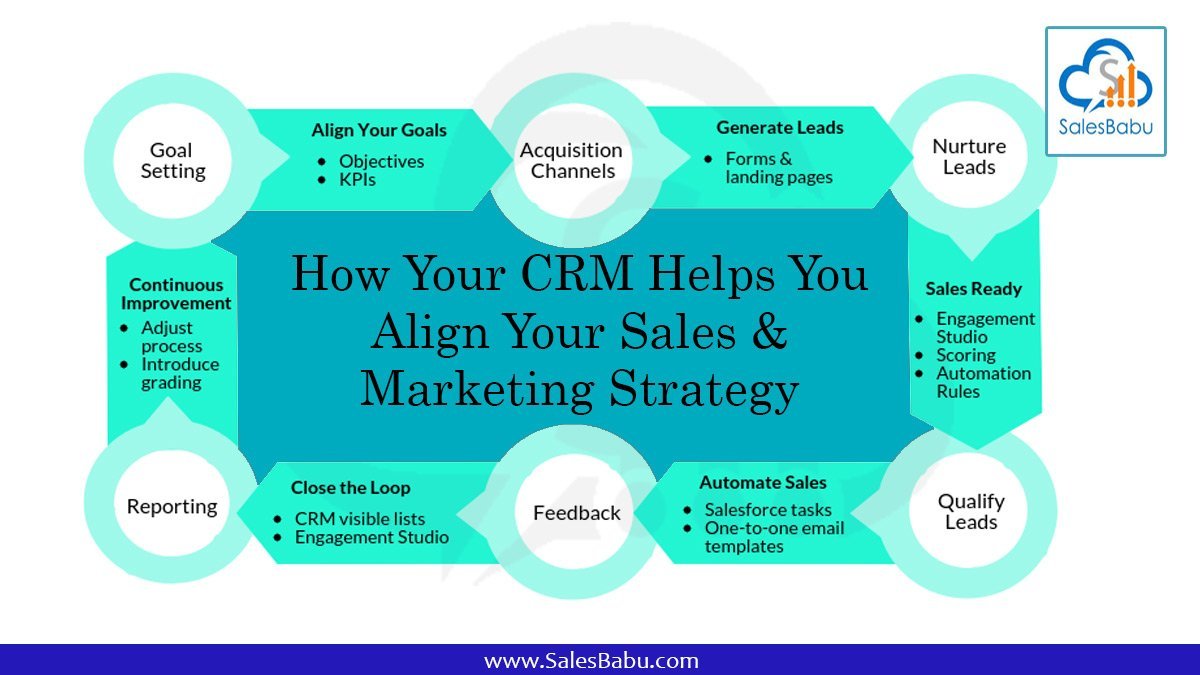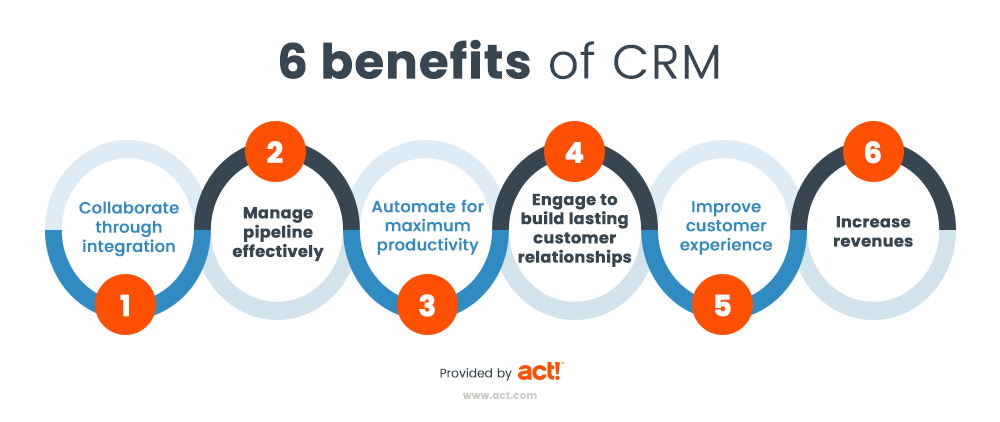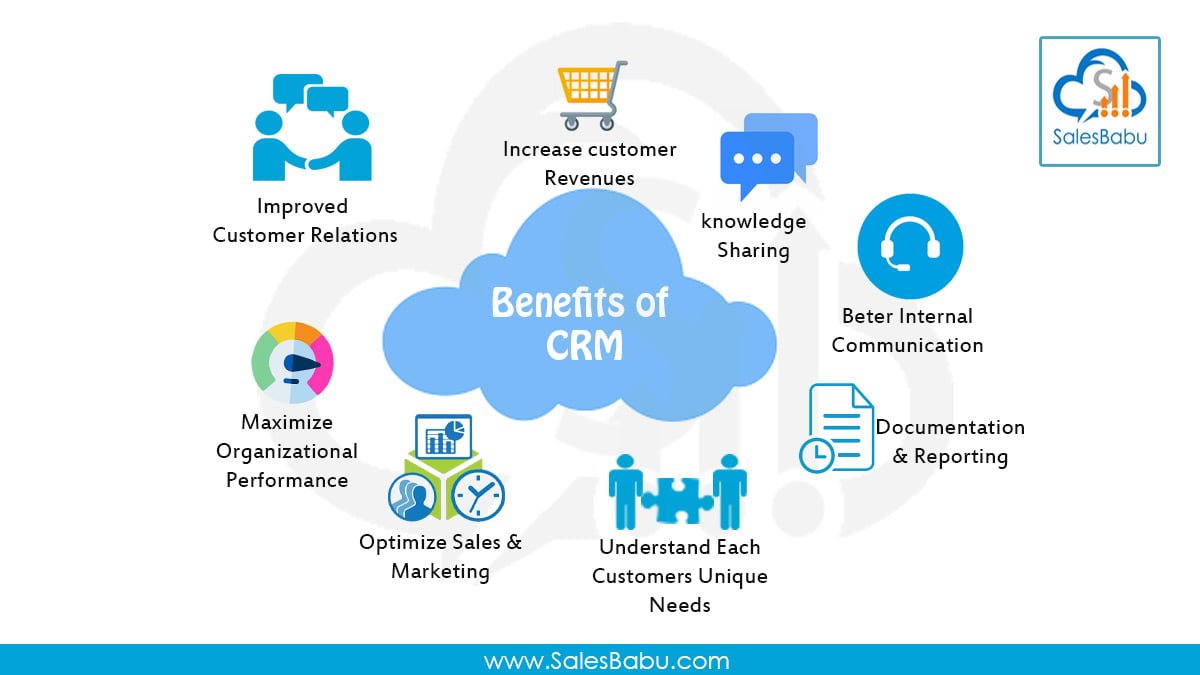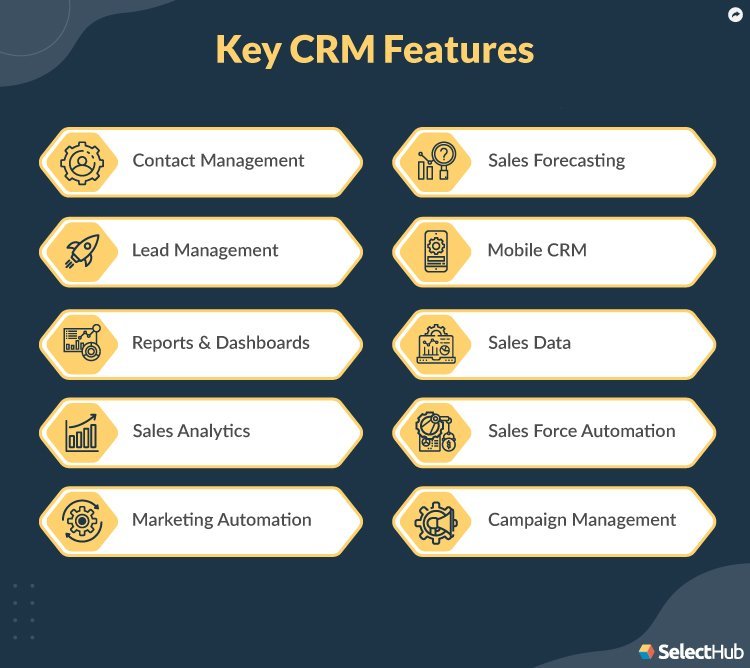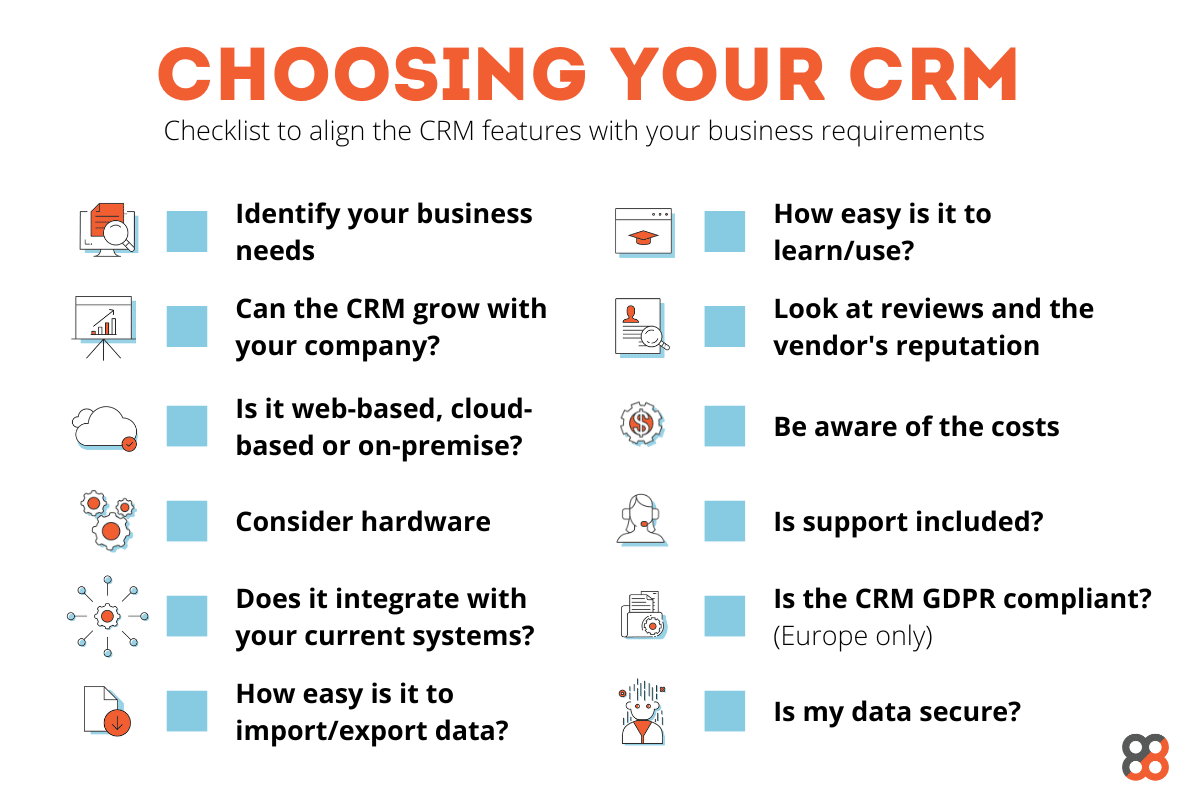In today’s highly competitive business landscape, businesses are constantly seeking ways to streamline their operations, optimize their sales and marketing efforts, and drive revenue growth. Customer Relationship Management (CRM) systems have emerged as a powerful tool to achieve these goals, offering a comprehensive solution that centralizes customer data and facilitates seamless communication between teams. By integrating your CRM with your sales and marketing functions, you can unlock a wealth of benefits that will transform your customer engagement and drive your business forward.
Unlocking Growth: How CRM Integration Can Supercharge Your Sales and Marketing
Streamlined Lead Management and Nurturing
CRM integration plays a crucial role in optimizing lead management and nurturing by providing a centralized platform for capturing, qualifying, and tracking leads throughout the sales funnel. By integrating your CRM with marketing automation tools, you can automatically segment leads based on their behavior, interests, and engagement levels, ensuring that the right message reaches the right audience at the right time.
Here’s how CRM integration benefits lead management:
| Feature | Benefits |
|—|—|
| Centralized lead database | Provides a single source of truth for all lead information, eliminating data silos and ensuring consistent communication. |
| Automated lead scoring | Analyzes lead behavior and assigns scores based on their interactions, helping sales prioritize high-potential leads. |
| Personalized lead nurturing campaigns | Delivers targeted messages and content based on lead preferences, enhancing engagement and conversion rates. |
| Real-time lead tracking | Provides insights into lead journey, allowing sales to identify and address any bottlenecks or obstacles. |
| Efficient lead allocation | Automatically assigns leads to the appropriate sales representatives based on predefined criteria, ensuring optimal lead distribution. |
Data-Driven Insights for Better Decision Making
CRM integration empowers businesses to leverage data-driven insights for informed decision-making in sales and marketing. By consolidating data from multiple sources, including sales interactions, marketing campaigns, and customer feedback, CRM systems offer a holistic view of customer behavior and preferences.
Here’s how CRM integration enhances data-driven decision-making:
| Feature | Benefits |
|—|—|
| Customer segmentation | Allows businesses to group customers based on shared characteristics, enabling targeted marketing campaigns and personalized offers. |
| Campaign performance tracking | Measures the effectiveness of marketing campaigns and identifies areas for improvement, optimizing ROI. |
| Sales pipeline analysis | Provides visibility into the sales process, enabling businesses to identify bottlenecks and optimize sales strategies. |
| Customer lifetime value (CLTV) analysis | Predicts the long-term value of customers, informing customer retention strategies and personalized engagement efforts. |
| Predictive analytics | Utilizes machine learning algorithms to identify patterns and predict future customer behavior, enabling proactive sales and marketing initiatives. |
Enhanced Sales and Marketing Alignment
CRM integration fosters seamless alignment between sales and marketing teams by breaking down silos and promoting collaboration. By sharing a common platform, both teams can access real-time information about customer interactions, campaign performance, and sales pipeline progress.
Here’s how CRM integration promotes sales and marketing alignment:
| Feature | Benefits |
|—|—|
| Shared customer data | Provides both sales and marketing with a unified view of customer information, enabling coordinated and consistent messaging. |
| Real-time communication | Facilitates seamless communication between sales and marketing teams, ensuring everyone is on the same page. |
| Campaign performance feedback | Enables sales teams to provide valuable insights on marketing campaigns, leading to continuous optimization and improvement. |
| Lead handoff automation | Automates the process of transferring qualified leads from marketing to sales, streamlining the handover and minimizing delays. |
| Joint sales and marketing initiatives | Facilitates collaborative efforts between sales and marketing, leveraging the strengths of both teams to achieve common goals. |
Unlock the Power of Data: How CRM Integration Can Supercharge Your Sales and Marketing
Boost Sales Efficiency with Automated Processes
CRM integration can streamline your sales process by automating repetitive tasks, such as lead qualification, data entry, and follow-up emails. This frees up your sales team to focus on more strategic activities, such as building relationships and closing deals. For instance, you can set up automated email sequences triggered by customer interactions or specific events, ensuring consistent communication and nurturing leads.
Target the Right Customers with Enhanced Segmentation
By integrating CRM with your marketing tools, you gain access to a wealth of customer data, allowing for highly targeted campaigns. You can segment your audience based on demographics, purchase history, website activity, and other factors, delivering personalized messages and offers that resonate with each group. This leads to higher conversion rates and improved customer engagement.
Personalize Customer Interactions for Enhanced Engagement
CRM integration allows you to create a unified view of each customer, including their interactions across different channels. This enables you to personalize your communications, providing relevant information and offers based on individual preferences and needs. This personalized approach fosters stronger customer relationships, builds loyalty, and increases customer lifetime value.
Gain Real-time Insights for Data-Driven Decisions
By integrating your CRM data with marketing analytics, you gain a comprehensive view of your customer journey and campaign performance. This enables you to identify areas for improvement, optimize your strategies, and make data-driven decisions that drive better results. You can track key metrics like open rates, click-through rates, and conversion rates to understand what’s working and what needs adjustments.
Maximize ROI with Improved Customer Retention
CRM integration plays a crucial role in customer retention by providing a platform for ongoing communication and relationship building. You can track customer satisfaction levels, address any issues promptly, and personalize follow-up interactions to nurture loyalty and encourage repeat purchases. By investing in customer retention, you can reduce churn rates, increase customer lifetime value, and ultimately drive higher ROI.
Frequent questions
What is CRM Integration and how does it work?
CRM integration refers to connecting your CRM system with other business applications you use, such as your email marketing platform, your website, or your social media accounts. When these systems are integrated, data flows seamlessly between them, giving you a more complete and accurate picture of your customers and their interactions with your business.
For example, when you integrate your CRM with your email marketing platform, you can automatically send targeted emails to customers based on their activity in your CRM. You can also use data from your CRM to segment your email lists and create more effective campaigns.
By integrating your CRM with your other business applications, you can streamline your processes, improve your efficiency, and ultimately boost your sales and marketing efforts.
How can CRM integration help me improve my sales performance?
CRM integration can help you improve your sales performance in a number of ways.
First, it can help you qualify leads more effectively. By integrating your CRM with your website and other marketing channels, you can track the activities of potential customers and identify those who are most likely to convert. This allows your sales team to focus their efforts on the most promising leads.
Second, CRM integration can help you personalize your sales interactions. With access to a complete history of customer interactions, your sales team can tailor their messaging and approach to each individual. This can lead to more effective sales pitches and improved conversion rates.
Finally, CRM integration can help you manage your sales pipeline more effectively. By tracking the progress of deals through your sales process, you can identify bottlenecks and take steps to improve your efficiency. This can help you close more deals and increase your revenue.
How can CRM integration help me improve my marketing efforts?
CRM integration can help you improve your marketing efforts in a number of ways.
First, it can help you personalize your marketing messages. By integrating your CRM with your email marketing platform, you can create more targeted and effective email campaigns. You can also use data from your CRM to segment your email lists and create personalized content that resonates with each group.
Second, CRM integration can help you measure the effectiveness of your marketing campaigns. By tracking the performance of your marketing campaigns, you can identify what’s working and what’s not. This allows you to optimize your campaigns and get the most out of your marketing budget.
Finally, CRM integration can help you create a more unified customer experience. By integrating your CRM with your website, your social media channels, and other marketing channels, you can ensure that your customers have a consistent experience regardless of how they interact with your business.
What are some of the best CRM integration tools available?
There are many great CRM integration tools available, and the best one for you will depend on your specific needs and budget. Some of the most popular options include:
Zapier: Zapier is a powerful automation tool that can connect your CRM with hundreds of other applications. It’s a great option if you need to automate simple tasks like sending email notifications or updating data between different systems.
Integrate.io: Integrate.io is a more robust integration platform that can handle more complex data flows. It’s a good choice if you need to synchronize large amounts of data between your CRM and other applications.
PieSync: PieSync is a dedicated CRM synchronization tool that can keep your CRM data in sync with other systems like your email marketing platform or your accounting software. It’s a good option if you need to ensure that your data is always accurate and up-to-date.
Ultimately, the best way to choose the right CRM integration tool for you is to consider your specific needs and try out a few different options. Most of these tools offer free trials, so you can test them out before making a decision.

